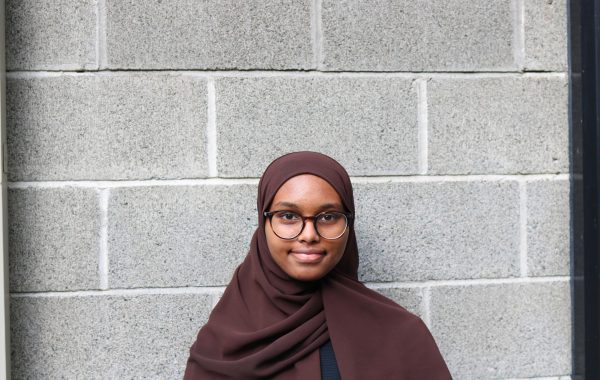In the age of hashtags, boycotts have become more powerful than ever. Social media intensifies calls for action, turning consumer choices into global movements like the 2020 Black Lives Matter protests and the ongoing Boycott, Divestment & Sanctions (BDS) campaign.
The BDS movement is a global Palestinian-led movement promoting boycotts to pressure Israel to comply with International law. It is currently facing controversy from supporters for challenging Israel.
For Senior Muhamed Abdilahi, boycotting isn’t just a protest but a personal duty to ensure that his choices don’t fund injustices.
“By buying into companies that support genocide, I feel like I’m directly contributing to what’s happening,” Abdilahi said.
Abdilahi credits social media for the great amount of exposure the BDS movement has received.
“Because of social media, it’s a lot more widespread. So it’s [BDS] the first boycott that’s ever reached me,” Abdilahi said.
It goes beyond just social media for Abdilahi. He utilizes apps to ensure his best efforts are put forward to boycott.
“I can just scan the product and see if it supports it,” Abdilahi said.
To Abdilahi, boycotting is central to his activism and daily life; however, for his peers, it is not so much.
“I think sometimes they might not view it as something that’s that important; it might not be impactful to them, so they decide not to even care about it,” Abdilahi said.
Regardless, he makes sure to surround himself with people who encourage him to protest.
“I encourage them to continue to boycott,” Abdilahi said. “They also encourage me.”
Boycotting in a Digital Age
Social media powering modern activism
Donate to The Puma Press
Your donation will support the student journalists of UPrep.
About the Contributor

Rayaan Hood, Reporter
Rayaan Hood is a reporter for the Puma Press and this is her first year on staff. She enjoys interviewing as a part of the journalistic process and getting to know more people at UPrep. She likes to spend time with her family and bake.
